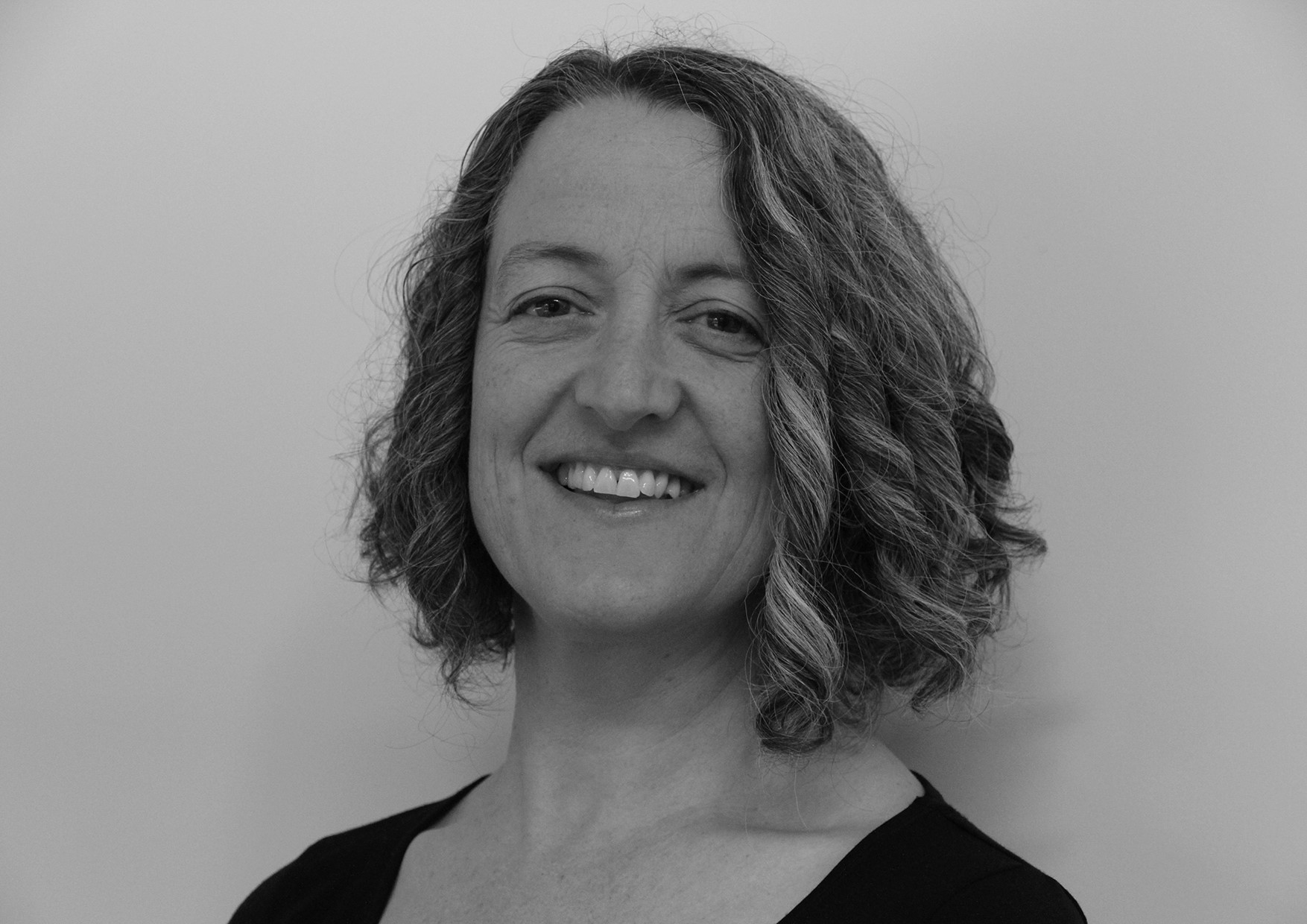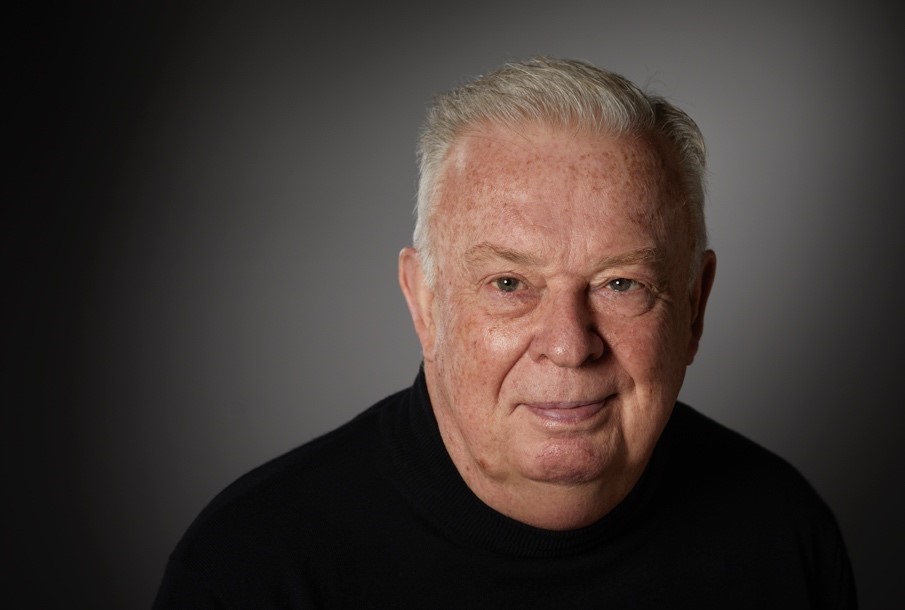Practice of Architecture Masterclass
4 Formal CPD Points in Total
All Sessions
Day One
Wednesday 22 September 2021
14:00-16:00 (AEST)
Day Two
Wednesday 29 September 2021
14:00-16:00 (AEST)
Zoom Event
Note:
If you are keen to participate but unable to attend the full masterclass event, we are also offering the Day One and Day Two sessions as two separate, smaller 2 Formal CPD point courses. Bookings for the sessions can be made by following these links:
Day One Session
Wednesday 22 September 2021
14:00-16:00 (AEST)
Day Two Session
Wednesday 29 September 2021
14:00-16:00 (AEST)
All Sessions
Wednesday 22 and Wednesday 29 September 2021
14:00-16:00 (AEST)
Practice of Architecture Masterclass - Day 1
22 September 2021
2 Formal CPD Points
Session 1: Professional Skills: Brief Writing
This session will explore the following key concepts:
- How to think about the brief provided to you at the outset
- How to structure a good return brief
- Ways of articulating your clients requirements more thoroughly
- How to avoid some pitfalls
- Ways to use the brief throughout design and delivery stages
Session 2: Design: Access as standard practice
This session will explore the following key concepts:
- Awareness of the principles behind accessible design
- The key components and the structure of the regulatory framework for accessibility of the built environment in Australia.
- Developing an understanding of important design concepts for accessibility
- Clarification of commonly misunderstood aspects of accessible design
- Identifying opportunities for enhanced accessible design solutions and where to find further information.
Day 1 - Program Overview
Session 1: Professional Skills: Brief Writing
The brief is one of the most dynamic documents in architecture, it is also arguably the most essential, as all projects begin here. High calibre briefing practice is critical to achieving high quality project outcomes. This session will be relevant to all architects. The Brief Masterclass will unpack the elements that underpin high calibre brief writing and briefing practice and how they can be applied across different project types and scales.
Session 2: Design: Access as standard practice
Achieving accessible built environments requires attention throughout every phase of a project, working with a constantly evolving regulatory system. This session will provide an up-to-date outline of the regulatory framework for accessibility, with insights into the reasoning behind important codes and standards. Key design principles, concepts and commonly misunderstood aspects of accessible design will be discussed, along with opportunities to enhance accessible outcomes.
CPD
This presentation is equivalent to 2 total hours/points of formal CPD and will deliver outcomes related to the following Competency/s from the National Standard of Competency for Architects:
Professional Skills: Brief Writing
1.7 Preparation of project brief for approval by client and relevant stakeholders.
Design: Access as standard practice
3.4 Design response incorporates assessment of relevant legislation, codes and industry standards.
Learning Outcomes
At the end of this session participants should be able to:
Understand how to think about the brief provided to you at the outset
Know what is required to structure a good return brief
Understand the ways of articulating your clients requirements more thoroughly
Be aware of how to avoid some pitfalls
List the ways to use the brief throughout design and delivery stages
Demonstrate an awareness of the principles behind accessible design
Explain the key components and the structure of the regulatory framework for accessibility of the built environment in Australia.
Develop an understanding of important design concepts for accessibility
Clarify commonly misunderstood aspects of accessible design
Identify opportunities for enhanced accessible design solutions and where to find further information.
Speaker

Meaghan Dwyer
Meaghan is a Partner of John Wardle Architects and has a particular interest and skill in leading our work on institutional and public buildings. Meaghan is highly adept at establishing a brief, interpreting a client’s aspirations, and then establishing an innovative design response. A talented communicator, Meaghan is an insightful and experienced voice on complex projects and acts as a curator for the duration of the project. She remains involved and accessible, keen to act in the interests of all parties and in such a way that the design intent is realized in built form.
Meaghan has a deep affinity for the places and spaces that are central to how we experience public life: a civic square, an auditorium, or a place of learning. Meaghan explores the social and cultural context of these spaces through her work in the education and public sectors. She has well-honed expertise in navigating a complex strategic environment and begins by positioning a project in a contemporary framework. Together with her team, she is able to frame a design problem, resolve complex physical circumstances, and devise creative solutions to harness the potential of a site.
Speaker

Belinda Seale
Belinda Seale is the Principal Architect and Access Consultant at Haptic Space, a practice she founded two years ago to work with individuals, community, corporate and government organisations to design and deliver enabling and therapeutic environments. With over 20 years’ experience in the design and delivery of enabling architecture, Belinda has an in-depth understanding of accessible, adaptable, supportive and therapeutic aspects within both the built and external environments. Prior to starting her own practice located in inner Melbourne, Belinda worked for many years as an Associate with Allen Kong Architect. She has collaborated on innovative, complex and award-winning specialist residential, care and community facilities for people with a wide range of abilities, ages, health and socio-economic circumstance.
She is passionate about close collaboration with clients and user groups in order to understand their abilities, needs and aspirations, seeking to develop creative, ethical and sustainable solutions within an evidence-based framework. Belinda is an experienced Access Consultant and an accredited member of the Association of Consultants in Access Australia. She works in an advisory role with fellow built environment professionals, property owners and managers to develop accessible and enabling solutions for built and external environments. She has co-authored universal and accessible design guidelines for a range of community and government organisations. As the Chair of the Institute’s Victorian Access Committee and serving on the National Access Work Group, Belinda advocates for architecture which supports people to live full, meaningful and joyful lives.
Speaker

Angela Roennfeldt
Angela Roennfeldt is a Registered Architect and member of the AIA, the AIA National Access Working Group, the AIA Victorian access committee and the Association of Consultants in Access Australia. Angela also represents the AIA on and is the current chair of the Australian Standards 1428 Design for access and mobility suite of standards. She has also represented Standards Australia as head of the Australian delegation on the International Standards Organisation committee for development of International Standard ISO 21542 - Building construction - Accessibility and usability of the built environment.
While her work has also involved working in the heritage and the health sector, the major part of Angela's career has been primarily focused on providing accessibility for people with disabilities of all ages within the built environment. The first part of Angela's working life was spent working for Allom Lovell Sanderson (later Allom Lovell and Associates), Kerr Lewit Clark and Kidd and Billard Leece. For the last fifteen years, Angela has applied her architectural knowledge to working on internal projects for not for profit Villamaria/Villa Maria Catholic Homes. At VMCH, Angela has been involved in the development and maintenance of day service accommodation, Nursing Homes, Retirement Living developments and housing accommodation for older people, people with disabilities and retirees. Angela was awarded a Churchill fellowship in 1998 to investigate the provision of small scale residential accommodation for older people with disabilities and affordable housing in various countries overseas. She was also awarded the National Disability Award in accessible Housing in 2010. Angela Roennfeldt is a Registered Architect with 33 year's experience in the provision of accessible environments.
Angela worked for half of her working life in private architectural practices. More recently she has worked for Not for profit organisation VMCH, which provides day options and residential accommodation for older people, people who have retired and people with disabilities. Angela is the current chair of the Australian Standards 1428 Design for access and mobility suite of standards. She has also recently contributed to the update of the International Standard on Accessibility. Angela believes that good design can lead to seamless integration of access for people with a variety of disabilities into all buildings and that the key to good design is designing to meet people's abilities so that they can more easily navigate the built environment.
Practice of Architecture Masterclass - Day 2
29 September 2021
2 Formal CPD Points
Session 1: Demystifying Performance Based Design Solutions and Section J
This session will explore the following key concepts:
- New requirements for NCC performance solutions from 1 July 2021
- How performance solutions are demonstrated through a Performance-Based Design Brief (PBDB) and implications on delivery and program
- The roles and responsibilities for delivering a performance-based design solution
- Pathways to achieving performance-based design solution for NCC 2019 Section J energy efficiency
- Identifying opportunities for architects to take pro-active leadership in delivering enhanced design outcomes and smoother compliance processes
- Benefits, challenges, and potential pitfalls of the PBDB process
Session 2: Case Study: Learning from LaCrosse:
- Review the key points from the Lacrosse judgement as they affect the architect’s role.
- Summary of national and global issues particularly around PII and the extent of Class Actions against suppliers, builders and consultants.
- Review the range of other non-complying defects coming under scrutiny.
- The procurement method and how to manage.
- Steps to implement more effective control by architects.
Day 2 - Overview
Session 1: Demystifying Performance Based Design Solutions and NCC Section J
The presentation will unpack the writing of performance solutions for ESD and provide an introduction into how architects can and should engage in the field. Looking from the perspective of the ESD consultant and the building surveyor we will discuss where and how architects can have influence to get the best outcomes for the project.
Session 2: Case Study: Learning from LaCrosse
A talk by Lachlan Ingram, Senior Associate at Holding Redlich, Melbourne will address the legal implications for architects coming out of the Lacrosse judgement and the legacy of its use in Australia.
CPD
This presentation is equivalent to 2 total hours/points of formal CPD and will deliver outcomes related to the following Competency/s from the National Standard of Competency for Architects:
Session 1: Demystifying Performance Based Design Solutions and NCC Section J
4. Design: Schematic Design
4.2 Evaluation of design options against values of physical, environmental and cultural contexts.
4.4 Inclusion of expertise of relevant specialists and consultants in developing the project design.
4.7 Coordination and integration of appropriate environmental systems, including for thermal comfort, lighting and acoustics.
5. Documentation: Detailed Design
5.3 Evaluation and integration of regulatory requirements.
6. Documentation: Documentation
6.2 Continuing coordination and integration of information and project material from relevant consultants, specialists and suppliers.
Session 2: Case Study: Learning from LaCrosse
5. Documentation: Detailed Design
5.3 Evaluation and integration of regulatory requirements.
5.5 Integration of materials and components based upon an understanding of their physical properties.
7. Project Delivery: Procurement
7.4 Selection of procurement method
incorporates assessment of the impact on
selection, contracting and scope of work of
consultants and specialist service providers.
9. Practice Management
9.7 Knowledge of legal and regulatory
requirements and obligations in regard to
architectural practice, practice management and registration as an architect.
Learning Outcomes
At the end of this session participants should be able to:
Understand new requirements for NCC performance solutions from 1 July 2021
Be clear on how performance solutions are demonstrated through a Performance-Based Design Brief (PBDB) and implications on delivery and program
Explain the roles and responsibilities for delivering a performance-based design solution
State the pathways to achieving performance-based design solution for NCC 2019 Section J energy efficiency
Identify opportunities for architects to take pro-active leadership in delivering enhanced design outcomes and smoother compliance processes
Understand the benefits, challenges, and potential pitfalls of the PBDB process
Review the key points from the Lacrosse judgement as they affect the architect’s role.
Summarise the national and global issues particularly around PII and the extent of Class Actions against suppliers, builders and consultants.
Review the range of other non-complying defects coming under scrutiny.
Understand the procurement method and how to manage.
Explain the steps to implement more effective control by architects.
Speaker
Enzo Palermo
Commercial Development & Building Code Consultant, Hendry
With over 15 years’ experience in both public & private sector, Enzo is a respected built-environment professional, passionate about empowering stakeholders with knowledge to develop & maintain safe assets. Lending his expertise to key state & local initiatives, such as the Victorian Cladding Taskforce, Better Approvals Program & Occupancy Report Program, where he was responsible for the identification, inspection and consulting on key safety & compliance parameters, Enzo is leading the next generation of building surveyors to instill & uphold best practice.
Never shying away from complex conversations, Enzo aims to break down long standing barriers and correct misconceptions between building & construction stakeholders to drive a more connected industry, with the common goal of creating better buildings for the community.
Speaker
David Ritter
Director, Atelier Ten
Leader of Atelier Ten’s Melbourne office, David has over 20 years of experience in delivering cutting-edge ESD solutions. An accomplished environmental engineer and sustainability consultant, he has led ESD analysis and consultancy on major projects around the world.
David has a keen interest in high-performance building fabric solutions and has an overview of the wider global trends driving enhanced ESD compliance requirements. As well as his experience in the UK, he has previously been responsible for the knowledge transfer of Passive House design and delivery skills into the Chinese residential market and is currently working on the delivery of Passive House compliant projects here in Melbourne.
He is a natural collaborator and innovator who is passionate about creating a zero-carbon future through intelligent environmental design, not just compliance focused solutions.
Speaker
Priya Gandhi
Associate, Atelier Ten
Priya Gandhi is a passionate sustainability advocate driven by the desire to create a built environment that makes a positive impact on the natural environment. She is an expert building analyst with over a decade of experience in the US and Australia. Priya is an Associate in Atelier Ten’s Melbourne office and leads the energy modelling and building performance tools practice, and is currently training as a NABERS Assessor. She believes that knowledge-sharing is key to the industry’s success. She is currently Vice President of IBPSA Australasia, an organisation devoted to using simulation to improve the built environment, she volunteers with Engineers Declare to support a low carbon future, and regularly guest lectures for architecture, sustainability, and engineering university courses.
Speaker

Lachlan Ingram
Holding Redlich
Lachlan is a Special Counsel in the Construction and Infrastructure Group at national law firm Holding Redlich. An experienced commercial lawyer, Lachlan specialises in construction law with a particular focus on litigation and dispute resolution.
Lachlan acts for all categories of building professionals, contractors and owners in disputes ranging from domestic building disputes to the arbitration of multi-billion dollar infrastructure projects.
Lachlan’s experience includes:
• acting in a team on behalf of an international JV head contractor in dispute with its principal, in a significant international arbitration relating to construction of an LNG plant off the coast of Western Australia
• acting in a team in a significant domestic arbitration on behalf of the owner and operator of an electricity interconnector regarding its construction and operation
• regularly acting for architects, draftspersons, building surveyors and engineers in building disputes in negligence, contractual and ACL claims in VCAT
• acting for Owners Corporations in building disputes in VCAT, particularly in relation to water ingress and fire safety issues
• regularly acting for local councils and water authorities in property damage, negligence and Water Act claims in the Supreme Court, County Court and VCAT.
Lachlan also has significant commercial litigation experience acting for parties in general contractual, property, leasing, and franchising disputes in all Victorian and key Federal jurisdictions.
Speaker

Michael Adams FRAIA
Michael Adams is an accomplished executive level architect having worked within major national architectural practices at a leadership level for over 40 years.
Experienced and skilled in defining and implementing project management techniques in the delivery of multidisciplinary design documentation for major complex capital works.
Michael has an established track record in the roles of Project Director, Design Manager/Principal Consultant and Leader of Multi-Disciplinary Design teams for major complex private, public, and institutional capital works bringing a mature, energetic, hands-on, and assured approach to project delivery from inception to completion.
As a member of the AIA Education Committee (Vic Chapter) Michael has been following and commenting on the significant impending Construction sector reforms foreshadowed in the 2018 Building Confidence Report. The Report has recommended significant changes to the education, training, and registration of all building design practitioners. Michael is currently preparing a response to the Victorian Government’s consultation document, Framework For Reform – Modernising Victoria’s Building System.
Price
Non-Members $299
Members $199
SONA Members $79
Non-Members $299